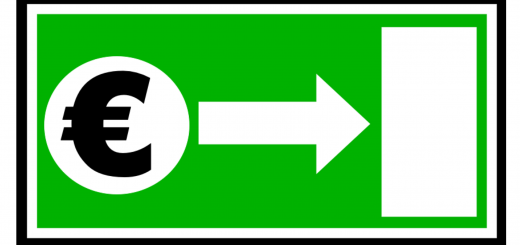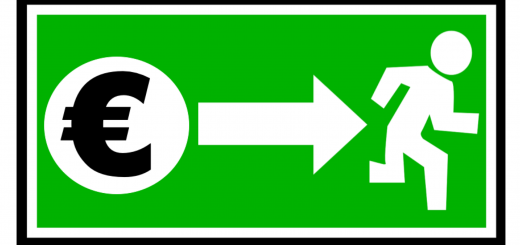The basic income can be initiated affordably
€ 1,500 net per month unconditional for everyone. This is how high a basic income should be in the Netherlands. With this, for example, a two-person household can manage on their joint basic income of € 3,000 per month. This with minimal expenses and a rent of € 1,000 per month in the free sector. The way to cover this has now been found and involves closing loopholes and disallowing certain tax benefits from companies. This means that the tax that is levied on all other income, without further deductions such as mortgage interest deduction and labor discounts, can be set at 55%. That 55% is a percentage that can then always be used, without having to go down for low amounts and up for high amounts. With a tax-free basic income for everyone. 55% is a percentage with which it still pays to work more and to do more business. After all, it is only slightly higher than the current highest income tax rate. So of everything you earn on top of the basic income, 45% is unconditionally yours.
… read more …






